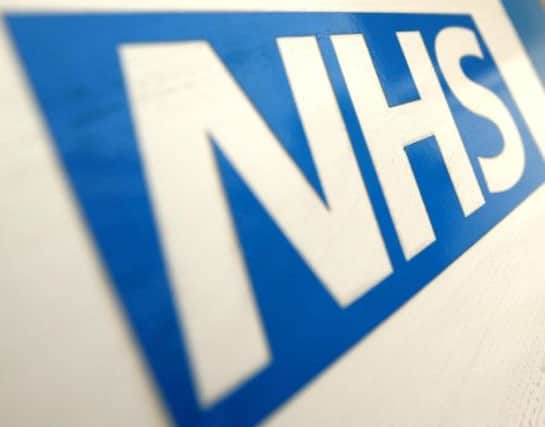NHS payouts for medical errors soar to £55m


New figures show that clinical compensation payouts totalled £54,815,540 in 2012-13, compared with £37,446,050 the previous year.
NHS Greater Glasgow and Clyde – Scotland’s largest board – saw its clinical payouts almost double from £21.6m to £39.2m.
Advertisement
Hide AdAdvertisement
Hide AdThe new figures, collected by Scotland on Sunday using Freedom of Information legislation, revealed the total amount paid out in clinical claims for 2012-13 came second only to the £55.2m paid out in 2010-11.
In addition, the figures also show that boards paid out more than £4.6m in other forms of compensation, such as employment disputes, in 2012-13 – up from £3.2m the previous year.
Leading clinical negligence lawyer Cameron Fyfe said one area where payouts had increased significantly was in cases where families had lost a close relative.
“Because of recent appeal court decisions, these figures have gone up three-fold in some cases. So whereas in the old days you may have got £20,000 for the loss of a child, it could easily be £60,000 now,” he said.
Fyfe, based at Drummond Miller solicitors in Glasgow, said payouts in birth injury cases could total many millions due to the nature of care needed by the children throughout their lives.
But he said compensation payouts in Scotland could soon plateau rather than rising further.
“In the past, people tended to regard doctors as gods who could not make a mistake or be wrong. But now, due to publicity and media coverage, they realise that doctors, like the rest of us, can make errors and because of that they feel more able to approach a solicitor and make a claim,” Fyfe said.
“As a result there has been a big increase in clinical negligence claims, but I think that will plateau out because it is general knowledge that you can make a claim if a doctor makes a mistake, and I can’t see them continuing to escalate year after year from now on.”
Advertisement
Hide AdAdvertisement
Hide AdThe Scottish Government is currently considering how it will press forward with a “no fault” compensation scheme for the NHS, with the hope of speedier settlements as complainants would not have to prove negligence.
Scottish Labour health spokesman Neil Findlay said the latest compensation figures were “a stark reminder” of what happens when something goes wrong in the NHS.
“My concern is that staff numbers are being cut and everyone is working harder and longer and being asked to do more with less. With those working practices, mistakes will increase and accidents will become more frequent,” he said.
“It is essential that health boards learn lessons from each mistake made and ensure that, wherever possible, it doesn’t happen again. ”
Scottish Conservative health spokesman Jackson Carlaw said in negligence cases, often all a patient or their relatives wanted was an apology or acknowledgement of wrongdoing.
“But the process of getting that is too arduous and mired in red tape, and health chiefs are too nervous to admit accountability,” he said.
NHS Greater Glasgow and Clyde said the claims figures reflected “a trend towards increasingly larger settlement amounts”.